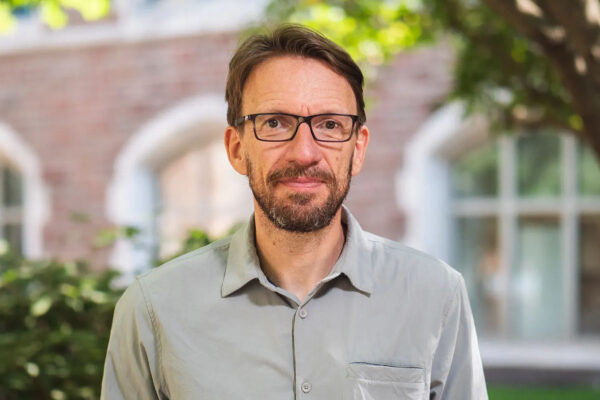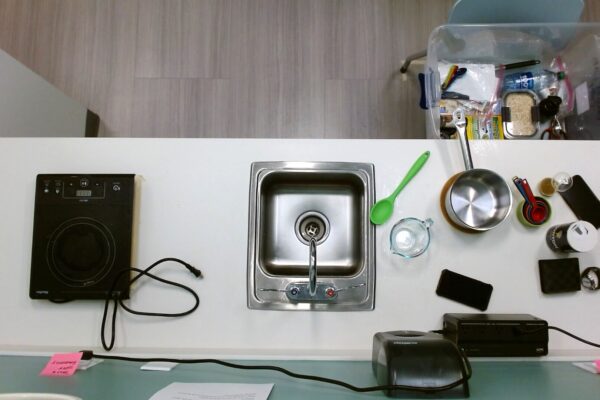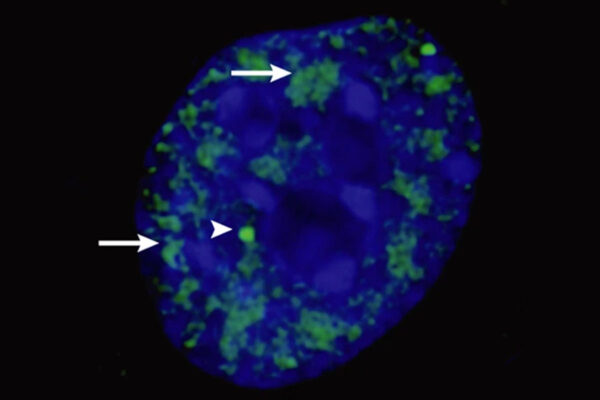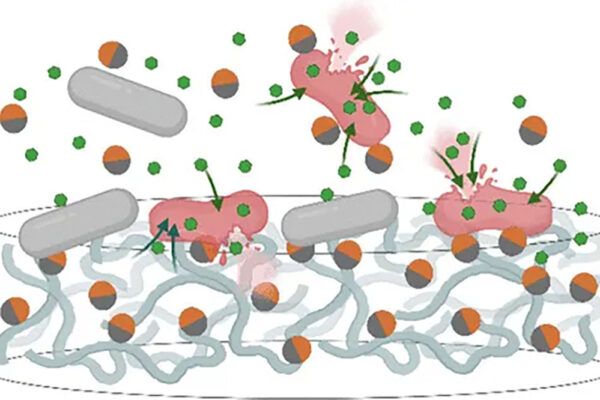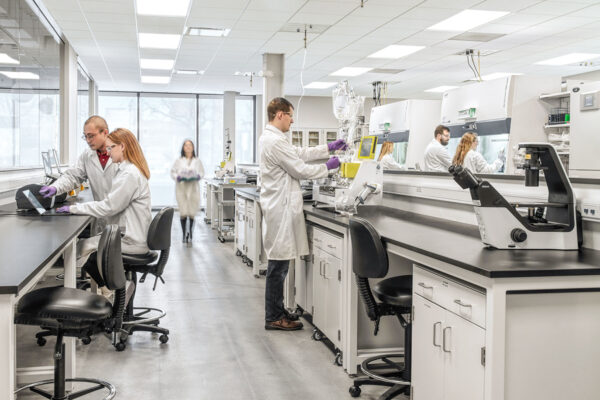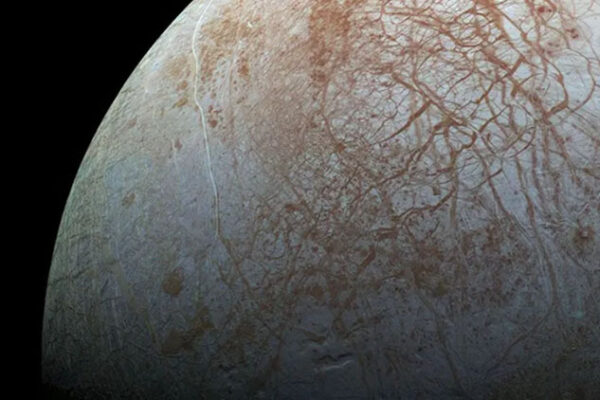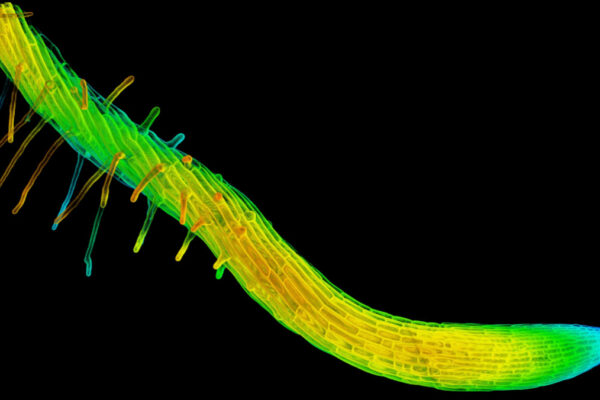Exploring metabolic noise opens new paths to better biomanufacturing
Researchers at Washington University in St. Louis have determined the source of metabolic noise and harnessed it to benefit bioproduction in microbes.
Model developed in Zhang lab recognized by Mozilla
Mozilla AI recently highlighted the PIGuard model developed in the lab of Ning Zhang, a computer scientist at Washington University in St. Louis. The model was among the best at protecting LLMs from prompt injection attacks.
Krawczynski wins prestigious award from the American Astronomical Society
Henric Krawczynski, a physicist at Washington University in St. Louis, has received the prestigious 2026 Bruno Rossi Prize in astrophysics.
AI ‘CHEF’ could help those with cognitive declines complete home tasks
A team of WashU researchers has integrated two novel vision-language models that create a potential AI assistant that may help people with cognitive decline cook meals and remain independent.
Spying on speckles
Researchers at Washington University in St. Louis have investigated how assemblies of molecules called microphases could be a useful target in developing treatments for neurodegenerative disorders.
Reviving antibiotics with two-faced nanoparticles
A team led by Yan Yu of Washington University in St. Louis developed a double-pronged approach to fighting antibiotic resistance.
WashU startups attract record-setting $1.7 billion in private-sector investment over past year
Startups built on WashU discoveries attracted a record $1.7 billion in private-sector investment over the past year, accelerating the commercialization of WashU innovations into life-changing diagnostics, therapeutics and medical devices.
Jupiter’s moon Europa has seafloor that may be quiet, lifeless
A new study led by planetary scientists at Washington University in St. Louis suggests the icy moon Europa lacks the undersea activity needed to support life.
Recycle old holiday lights on campus
WashU is again hosting a recycling drive for old or broken holiday lights. The annual drive runs through Jan. 16.
Plant science with a twist
Biology and engineering researchers at Washington University in St. Louis have uncovered the mechanism of plants’ twisting roots.
Older Stories


